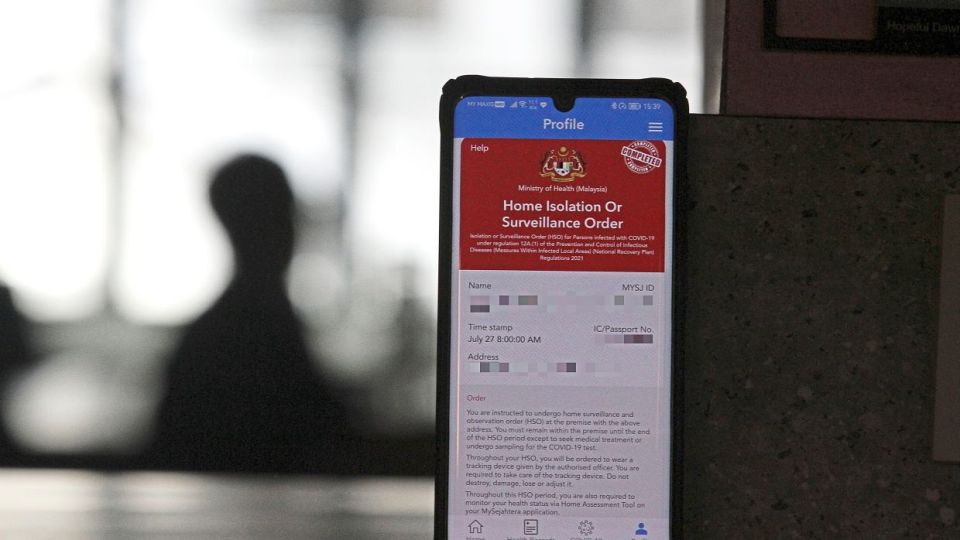August 10, 2022
PETALING JAYA – Covid-19 reporting has begun to steadily move away from daily infection numbers towards the severity of cases.
Health Minister Khairy Jamaluddin said due to the relaxation of Covid-19 testing protocols, the number of actual cases is bound to be more than what is reported.
“Everywhere else in the world, not just Malaysia, they are reporting fewer Covid-19 cases than the actual situation on the ground.
“We have loosened the protocols for Covid-19 tests. Last time, we had to take RT-PCR tests but now most people do self-tests on RTK (rapid test kits).
“And there are many people who take self-tests but do not report the results on MySejahtera,” he told reporters at the launch of the National Institute for Health Complex in Setia Alam.
The minister stressed that the more important metric in monitoring Covid-19, now that the country has begun its transition out of a pandemic, is case severity.
“Instead of case numbers, we focus more on the number of hospitalisations and deaths.
“As long as these figures are low, the situation is under control. Case numbers will fluctuate from time to time,” said Khairy.
He also reminded the Malaysian public that reporting a positive test result on the MySejahtera app is still required by law.
“We asked that the people report their test results.
“Currently, by law, people who are infected with Covid-19 must report their results so they can be issued a home surveillance order and they must undergo quarantine at home.
“But of course, there are people who test positive and do not do this, even though it is required by law.
“We have reached the phase where we are learning to live with Covid-19. I do self-tests three times a week and I always report the results on MySejahtera.
“If we report our test results, it makes it easier for the Health Ministry to gauge the current situation in the community, even though the more important figures to focus on are hospitalisation and death rates,” said Khairy.
As at Aug 8, there are 43,875 active Covid-19 cases in Malaysia.
Of that number, nearly 96% are mild cases involving patients undergoing home quarantine.
There are about 1,800 patients who are hospitalised – of these, 55 are currently in the intensive care unit (ICU).
Khairy said Malaysia is currently facing a small but prolonged Covid-19 infection wave linked to the Omicron BA.5 variant.
“Compared with Singapore, their Covid-19 wave is a big one. Ours is small but prolonged, so our baseline of cases has gone up a bit.
“But as long as the number of hospital and ICU admissions is low, the wave is under control,” he explained.
Malaysia began transitioning into endemicity from April 1, which resulted in the country reopening its borders to travellers and removing most Covid-19 restrictions.
Gatherings have since resumed while businesses, schools and workplace attendance have also returned to pre-pandemic levels.
However, health experts say mask wearing, physical distancing and hand hygiene is still required.

